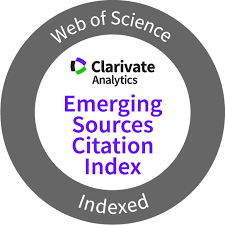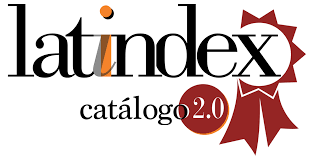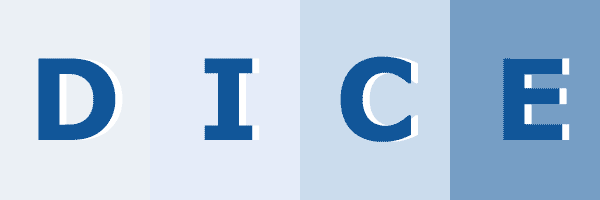Reseña del Informe Latin American Communication Monitor 2020-2021 / Book Review Latin American Communication Monitor 202-2021
DOI:
https://doi.org/10.5783/revrrpp.v12i23.775Keywords:
Relaciones Públicas, Latinoamérica, Comunicación, Comunicación organizacional, InformeAbstract
Reseña del informe liderado por EUPRERA y realizado por Alejandro Álvarez-Nobell, Juan-Carlos Molleda, Ángeles Moreno, Andréia Athaydes, Ana María Suárez-Monsalve y Marco V. Herrera sobre un estudio realizado a 1.850 profesionales de 20 países que trabajan en departamentos de comunicación de Latinoamérica.
Abstract
Review of the report developed by EUPRERA and carried out by Alejandro Álvarez-Nobell, Juan-Carlos Molleda, Ángeles Moreno, Andréia Athaydes, Ana María Suárez-Monsalve and Marco V. Herrera on a survey of 1,850 professionals from 20 countries working in communication departments in Latin America.
Downloads
References
ÁLVAREZ-NOBELL, A.; MOLLEDA, J.C; MORENO, A.; ATHAYDES, A.; SUÁREZ-MONSALVE, A. M. Y HERRERA, M.V. (2021). Latin American Communication Monitor 2020-2021. Comunicación estratégica y relaciones públicas en América Latina: crisis del COVID-19 en la gestión de comunicación, ciberseguridad, situación de las mujeres, retos éticos y nuevas competencias. Resultados de una encuesta en 20 países. Bruselas: EUPRERA.
Downloads
Additional Files
Published
How to Cite
Issue
Section
License
Authors publishing in this journal agree to the following terms:
a. Authors retain copyright and grant the journal the right to be the first publication of the work as licensed under a Creative Commons Attribution License that allows others to share the work with an acknowledgement of authorship of the work and initial publication in this journal.
b. Authors may separately enter into additional arrangements for non-exclusive distribution of the version of the work published in the journal (e.g., placing it in an institutional repository or publishing it in a book), with an acknowledgement of initial publication in this journal.
c. Authors are allowed and encouraged to disseminate their work electronically (e.g. in institutional repositories or on their own website) before and during the submission process, as it can lead to productive exchanges, as well as earlier and higher citation of published work (see The Effect of Open Access).




